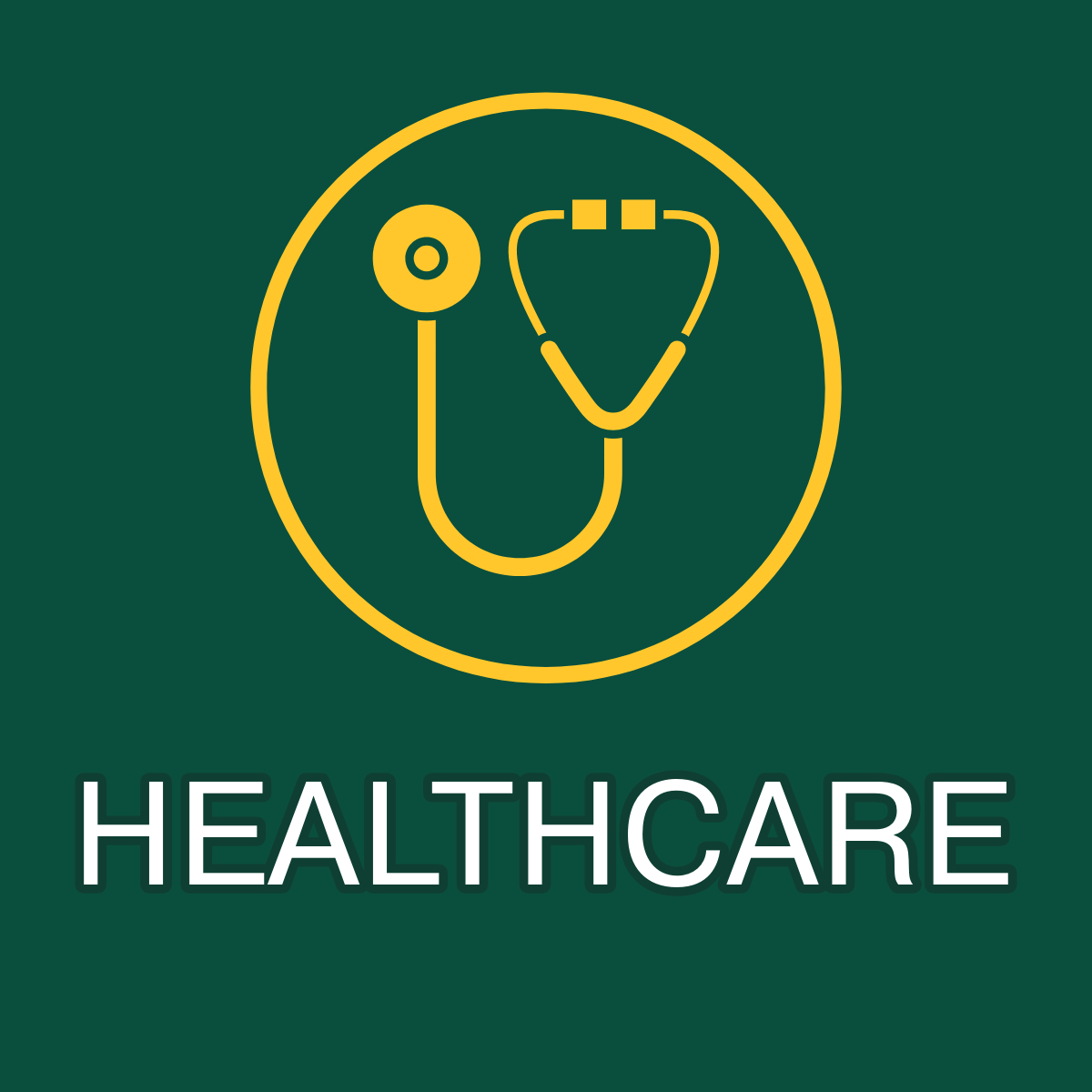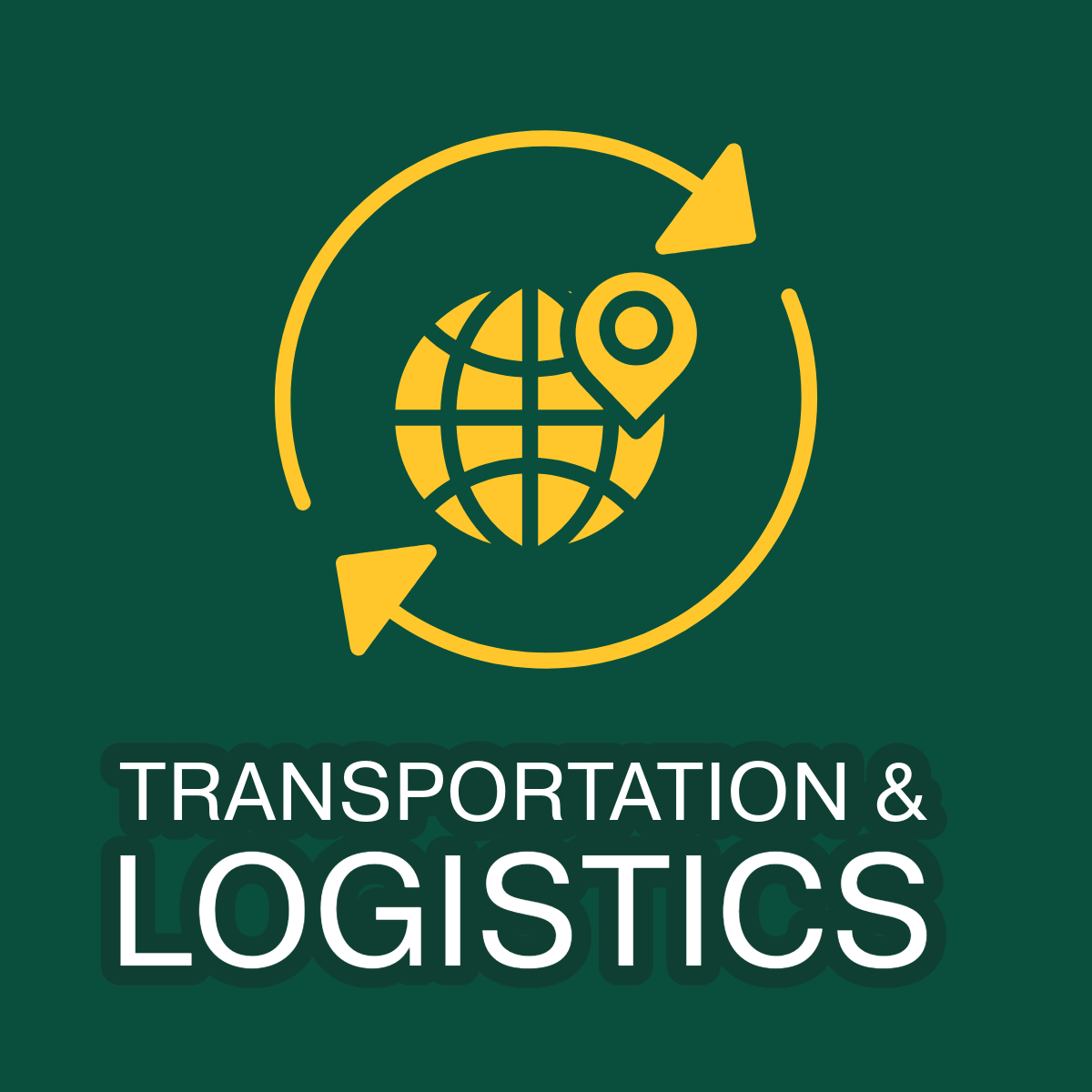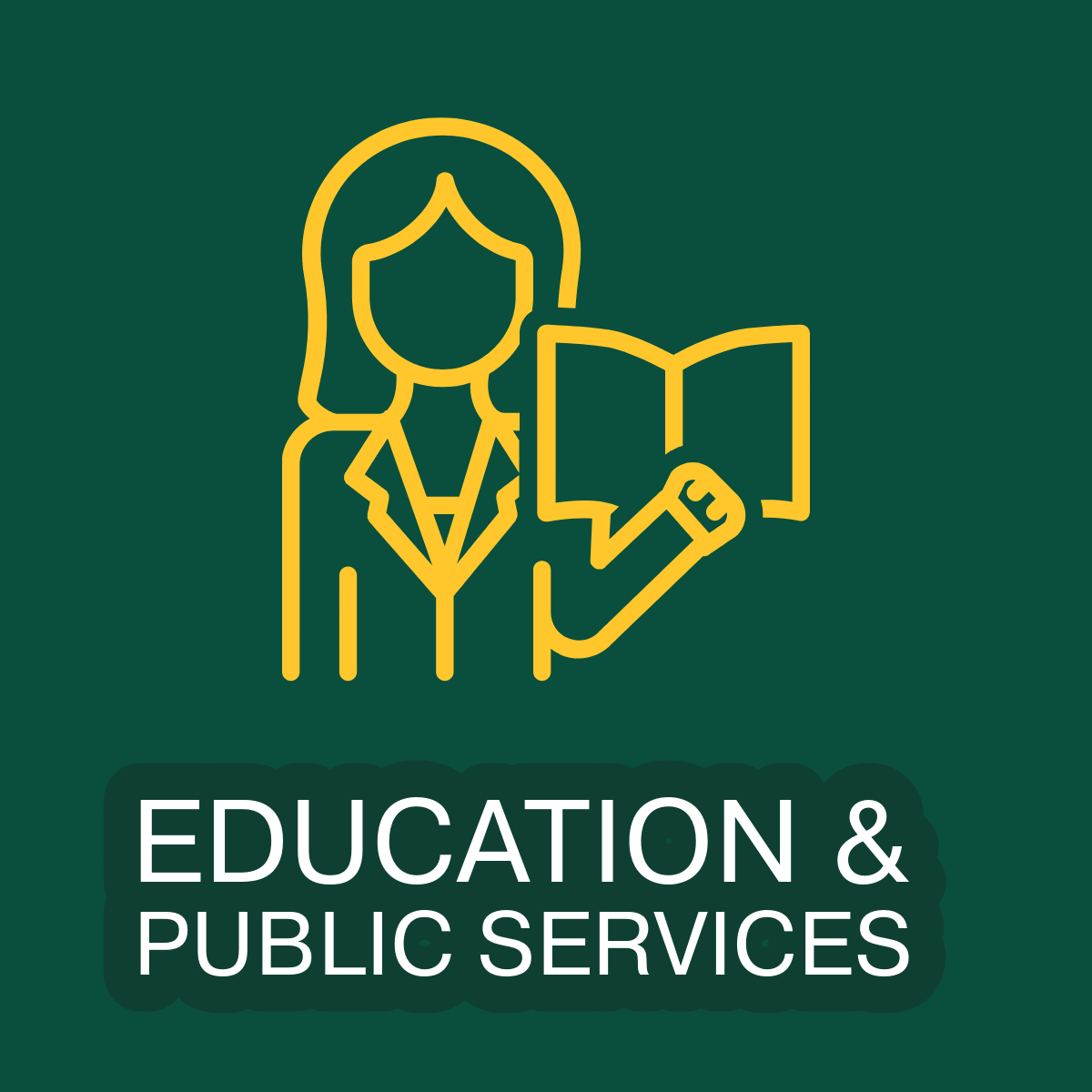Professional, Industry and Workforce Training Certifications
The Continuing Education Department at Laredo College offers a wide range of Professional, Industry, and Workforce Training Certifications designed to prepare individuals for high-demand careers across various sectors. Whether you're starting a new path, advancing in your current role, or gaining credentials to boost your marketability, our programs offer hands-on training, expert instruction, and industry-recognized certifications to help you succeed.
We’ve organized our programs by industry so you can easily explore what fits your goals.
Check out the industries below to see what certification programs are available and start building your future today!
Questions? We’re Here to Help!Contact the Continuing Education Department:Main Campus: (956) 721-5374South Campus: (956) 794-4520Email: CE_Staff@laredo.edu |






